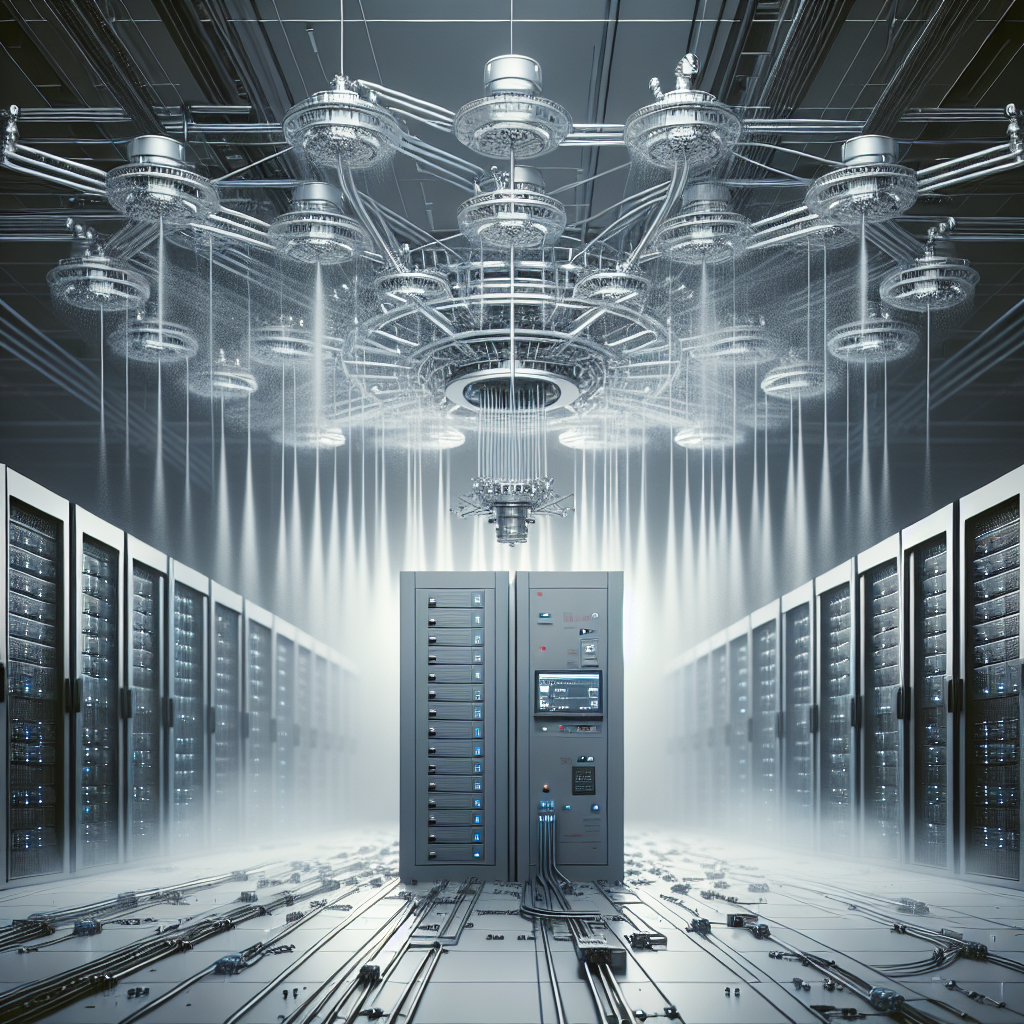Your cart is currently empty!
A Comprehensive Guide to Choosing the Right Fire Suppression System for Your Data Center

A data center is a critical component of any organization’s IT infrastructure, housing servers, storage devices, and networking equipment that are essential for day-to-day operations. With so much valuable and sensitive data stored in one place, it’s crucial to have a reliable fire suppression system in place to protect against the risk of fire.
Choosing the right fire suppression system for your data center can be a daunting task, as there are many factors to consider. In this comprehensive guide, we will walk you through the key considerations to keep in mind when selecting a fire suppression system for your data center.
1. Understand the risks: Before selecting a fire suppression system, it’s important to assess the potential fire risks in your data center. Common causes of fires in data centers include electrical faults, overheating equipment, and human error. By understanding the specific risks that your data center faces, you can choose a fire suppression system that is tailored to address those risks.
2. Consider your data center’s layout: The layout of your data center will also play a significant role in determining the most suitable fire suppression system. Consider factors such as the size of the data center, the location of equipment, and the presence of any obstacles that may impact the effectiveness of the fire suppression system.
3. Choose the right type of fire suppression system: There are several types of fire suppression systems available, each with its own advantages and disadvantages. Some common types of fire suppression systems for data centers include:
– Clean agent systems: Clean agent systems use gases such as FM-200 or Novec 1230 to suppress fires by reducing oxygen levels in the affected area. These systems are non-conductive and leave no residue, making them ideal for data centers.
– Water mist systems: Water mist systems use fine water droplets to suppress fires by cooling the affected area and reducing heat. These systems are environmentally friendly and can be used in areas where water damage is a concern.
– Inert gas systems: Inert gas systems use gases such as nitrogen or argon to suppress fires by displacing oxygen in the affected area. These systems are non-toxic and leave no residue, making them suitable for data centers.
4. Ensure compliance with regulations: When choosing a fire suppression system for your data center, it’s essential to ensure that the system complies with relevant regulations and standards. This may include local building codes, industry guidelines, and regulations specific to data centers.
5. Consider maintenance and monitoring: Regular maintenance and monitoring of your fire suppression system are essential to ensure its effectiveness in the event of a fire. Consider factors such as the frequency of inspections, the availability of spare parts, and the ease of system maintenance when selecting a fire suppression system for your data center.
In conclusion, choosing the right fire suppression system for your data center is a critical decision that requires careful consideration of various factors. By assessing the risks, considering the layout of your data center, choosing the right type of fire suppression system, ensuring compliance with regulations, and considering maintenance and monitoring requirements, you can select a fire suppression system that provides reliable protection for your data center.

Leave a Reply